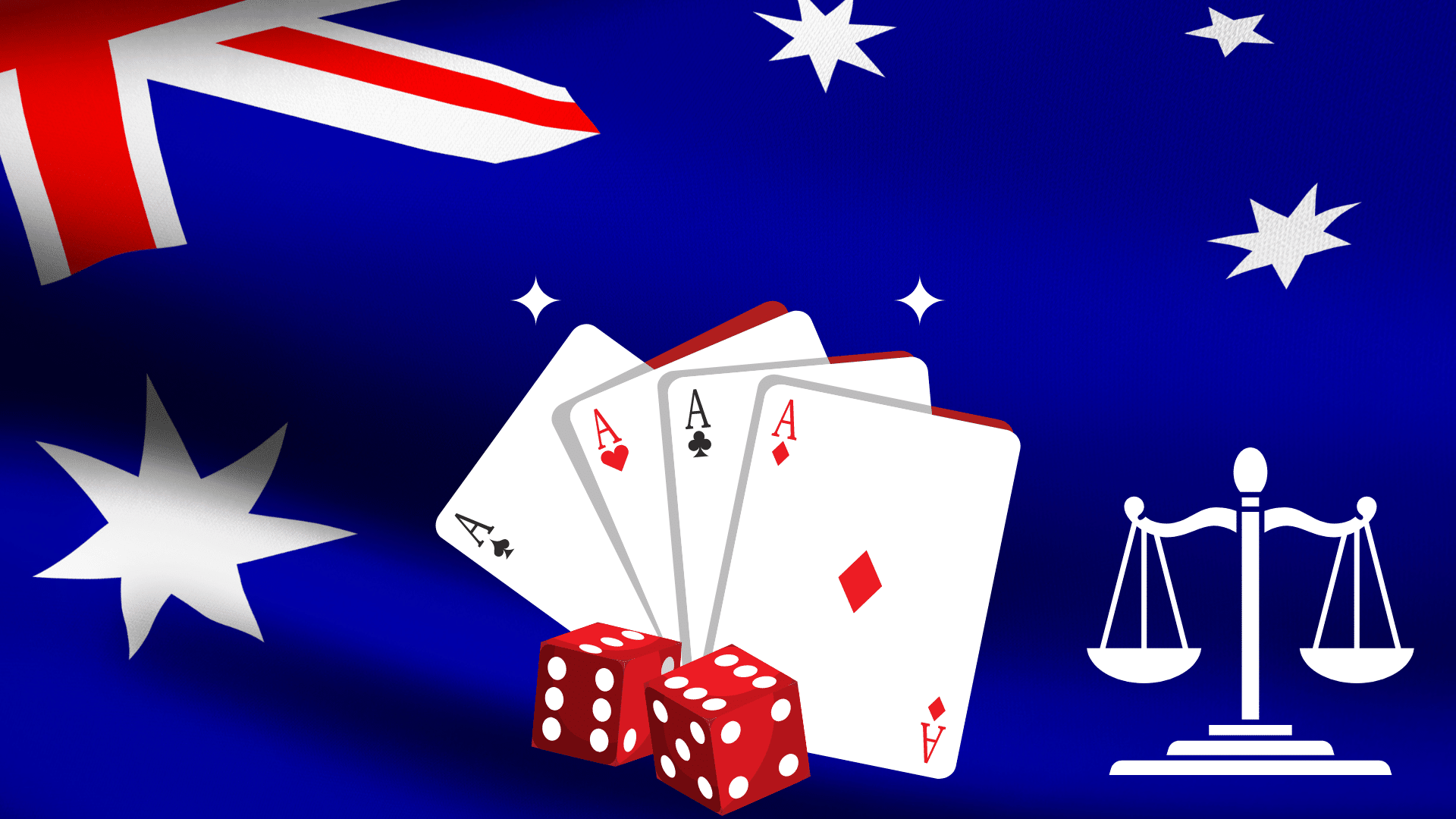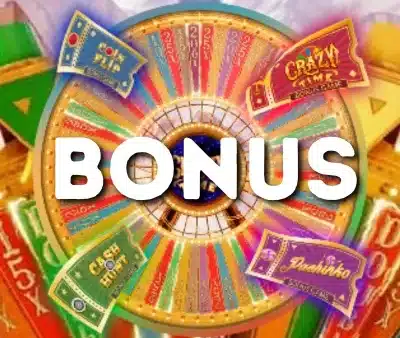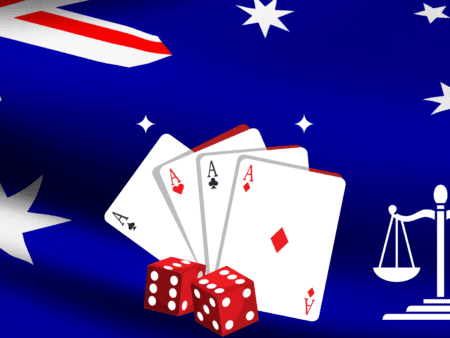Contents
Gambling in Australia
Gambling in Australia is a popular activity and is regulated by the Australian government. Gambling has been a part of Australian culture for centuries, with evidence of wagering activities dating back to the early 1800s. Australians are estimated to spend more than $24 billion on gambling each year, with most of that money going towards poker machines, sports betting, and horse racing. The majority of Australians gamble responsibly, but problem gambling can have serious consequences for individuals and their families. The Australian government has implemented various laws and regulations to ensure that people gamble responsibly and protect vulnerable individuals from harm. This includes restrictions on advertising, age limits for participation in gambling activities, and the provision of support services for problem gamblers.

Revenue
Gambling is an increasingly popular form of entertainment in Australia. According to the Australian Bureau of Statistics, in 2015–16 gambling revenue made up 7.7% of state and territory taxation revenue, with most of this coming from taxes on wagering (betting) and casinos. Gambling is regulated by state and territory governments, with different laws governing different types of gambling activities such as sports betting, horse racing, casinos and online gambling. In Australia, there are a range of restrictions on gambling activities which vary depending on the state or territory in which they are located. These restrictions can include age limits, advertising restrictions and bans on certain forms of gambling. It is important to be aware of any local regulations before engaging in any form of gambling activity.
New South Wales
Gambling in Australia has long been a source of entertainment and revenue for the government. New South Wales has a long history of gambling; Australia’s first official horse racing meeting occurred in 1810 at Hyde Park in Sydney; the first official Australian lottery occurred in 1881 at the Sydney Cup; and registered clubs operated the first legal poker machines in Australia from 1956. Today, gambling is a major industry in Australia, with an estimated $24 billion being wagered each year. Gambling is regulated by state and territory governments, with regulations varying from state to state. The most popular forms of gambling are lotteries, sports betting, electronic gaming machines (EGMs or ‚pokies‘), casinos, and race betting. Australians are known to be some of the biggest gamblers in the world, spending more per capita on gambling than any other country. Despite this, Australians are becoming increasingly aware of responsible gambling practices and are taking steps to limit their spending on gambling activities.
Gambling in Australia is governed by state and territory laws, with the exception of the Interactive Gambling Act 2001 that applies to Australian-based websites. The different gambling laws of the states and territories vary significantly. Some states restrict gambling to casinos only, some restrict certain types of gambling, and some states permit a wide range of gambling, including lotteries and online betting.
Online gambling
Gambling in Australia is regulated by the Interactive Gambling Act 2001 (IGA). The Act is targeted at online gambling operators, making it an offense for them to offer’real-money‘ online interactive gambling to residents of Australia. It also makes it illegal for online gambling operators to advertise’real-money‘ interactive gambling services (such as online poker and online casinos) to Australian citizens.[ 18] That being said, the amount spent on online gaming by Australians reached some$ 800 million by 2010, according to the official 2010 Productivity Report of the Australian Government. The IGA has been updated several times since its introduction in 2001, most recently in 2017 when the Australian Communications and Media Authority (ACMA) was given additional powers to enforce it. This includes a ban on advertising of real-money interactive gambling services during live sports broadcasts and a ban on any advertising that targets children or young people. The ACMA also has the power to issue warnings, infringement notices, civil penalties, and injunctions. Despite the IGA, there are still concerns about changes in technology that could lead to increased gambling-related problems in Australia. For example, with the increasing popularity of mobile devices such as tablets and smartphones, there is an increased risk of people being able to access gambling sites without proper age verification checks. Additionally, with more people having access to faster internet connections there is also a higher risk of people using these connections for real-money interactive gambling services.
Taxation laws on gambling in Australia
The first reason is that gambling is seen as a game of chance. In Australia the law states that if you win money in a game of chance, you have to pay tax on it. However, if you win money in a game of skill, you do not have to pay tax on it. Gambling is seen as a game of chance and therefore the money won in it is taxed. However, if you win money by playing at a casino, for example, this is seen as a game of skill. Therefore the money won in this instance is not taxed. Gambling winnings are not taxed because gambling is seen as a game of chance and therefore the money won in it is taxed. However, if you win money by playing at a casino, for example, this is seen as a game of skill. Therefore the money won in this instance is not taxed by using online casinos as an adult at the gambling industry.
Best Online Gambling Bonus for Australia
- About the Author
- Latest Posts
Markus Cremer, born on December 4, 1988, currently resides in Sliema, Malta. He is a specialized author in the field of iGaming content, diligently producing new and professional articles for the website freespins777.net. His expertise and commitment to delivering high-quality content make him a valuable member of our WordPress editorial team.








